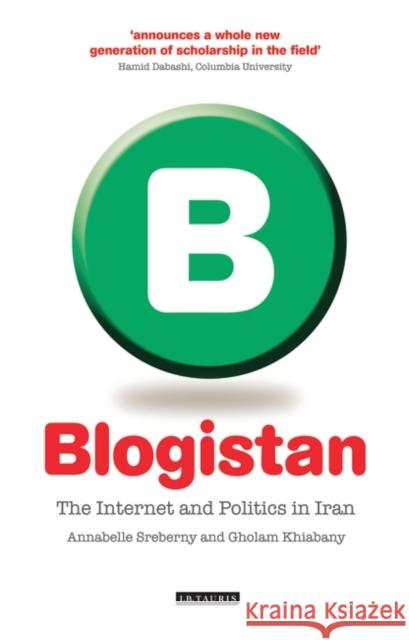Blogistan: The Internet and Politics in Iran » książka
Blogistan: The Internet and Politics in Iran
ISBN-13: 9781845116064 / Angielski / Twarda / 2010 / 232 str.
Blogistan: The Internet and Politics in Iran
ISBN-13: 9781845116064 / Angielski / Twarda / 2010 / 232 str.
(netto: 600,21 VAT: 5%)
Najniższa cena z 30 dni: 594,91
ok. 22 dni roboczych.
Darmowa dostawa!
The protests unleashed by Iran's disputed presidential election in June 2009 brought the Islamic Republic's vigorous cyber culture to the world's attention. Iran has an estimated 700,000 bloggers, and new media such as Facebook, Twitter, and YouTube were thought to have played a key role in spreading news of the protests. The Internet is often celebrated as an agent of social change in countries like Iran, but most literature on the subject has struggled to grasp what this new phenomenon actually means. How is it different from print culture? Is it really a new public sphere? Will the Iranian blogosphere create a culture of dissidence, which eventually overpowers the Islamist regime? In this groundbreaking work, the authors give a flavor of contemporary Internet culture in Iran and analyze how this new form of communication is affecting the social and political life of the country. Although they warn against stereotyping bloggers as dissidents, they argue that the Internet is changing things in ways which neither the government nor the democracy movement could have anticipated. Blogistan offers both a new reading of Iranian politics and a new conceptual framework for understanding the politics of the Internet, with implications for the wider Middle East, China, and beyond.











